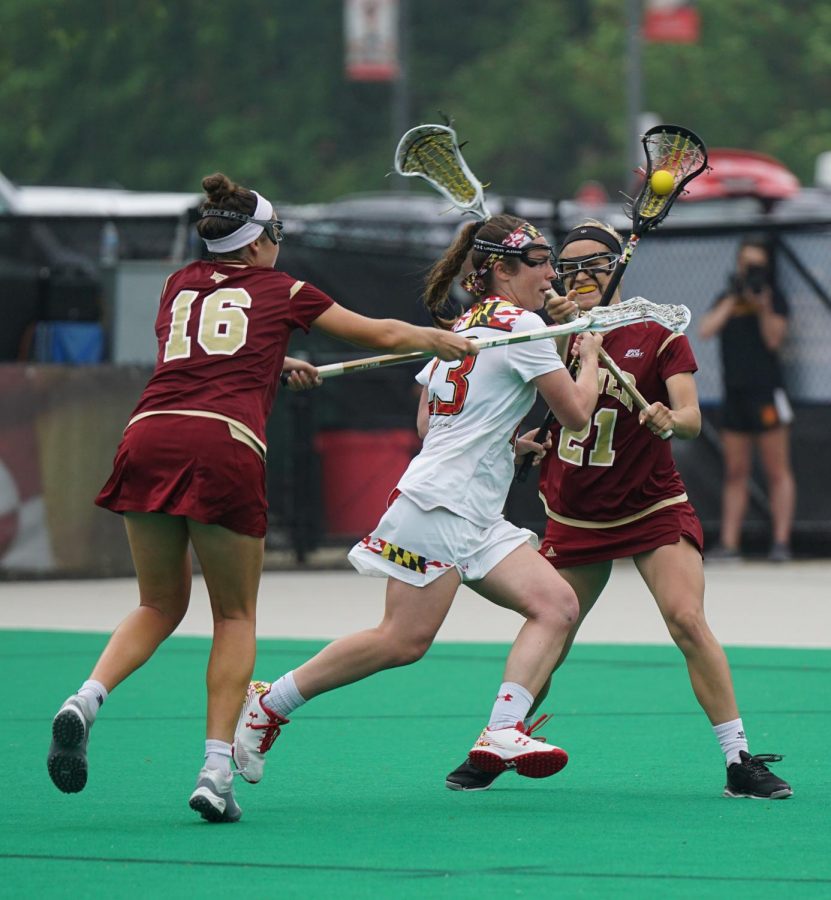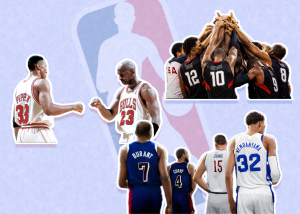NCAA Grants an Extra Year of Eligibility to Spring Athletes
May 1, 2020
The National Collegiate Athletic Association(NCAA) announced on March 13 that all Division I(D1) NCAA spring senior athletes, whose final seasons were unfortunately lost to the coronavirus pandemic, will be granted an extra year of eligibility. The NCAA Division I Council further voted on this on March 30 and confirmed the redshirt for all spring athletes. If wanted, the current NCAA spring senior athletes can stay an extra year and play in their sport next spring. The announcement came shortly after the NCAA canceled all spring sports due to the virus. As of right now, the plan doesn’t include winter athletes who lost the final part of their seasons, but that is relative to change.
It’s unclear what the NCAA will do for Division II and III athletes that, as of now, are not being granted an extra year of eligibility. The announcement also didn’t address what this will do to athletes who are on scholarship and the roster size with incoming freshmen. According to the NCAA release, “Additional issues with NCAA rules must be addressed, and appropriate governance bodies will work through these in the coming days and weeks.”
As schools only have a certain amount of scholarships (varies by sport), the issue of scholarship caps in DI will have to be addressed. The spring sports affected by COVID-19 are baseball, softball, men’s and women’s lacrosse, and men’s volleyball. For example, For DI baseball, each university can give out 12 full-ride scholarships. If seniors from a DI baseball program want to stay next year with the granted eligibility, it will put schools at both a financial strain and will violate NCAA rules. Teams will be over the limit of allocated scholarships and might have to take seniors off of scholarship. “In an unusual world, the rules that apply in normal circumstances can’t simply be applied,” Jo Potuto, the faculty athletics representative and a chaired professor of law at the University of Nebraska-Lincoln said in a quote to the Washington Post. “What you have to do is use your best judgment to see how you can adjust those rules to approximate what the world would have been like if there had not been a crisis.”
The status of incoming DI freshmen playing spring sports is uncertain. It remains unknown whether seniors will retain their scholarships and have a spot on the team. According to Axios.com, “Given the financial stress that schools are already under, some athletic departments will have a hard time affording those costs. This means a returning senior could technically have a spot on the team, but as little as $0 in athletic scholarship money.”
“I think that for a lot of these kids, they’ve worked so hard to get to where they are. It’s taken years for them to get to the Division I level. For their final season to be taken away for something they can’t control is not fair, and I think the NCAA really makes a good move with this decision,” Charlie Cohen ‘21 said.
The NCAA will be providing more information on this plan in the coming weeks and will likely address the potential problems presented by this plan.








